Games have long been recognized as powerful tools for learning, fostering teamwork, critical thinking, and creativity.
From building vocabulary to sharpening memory skills, these activities offer a refreshing break from routine and promote active participation.
Hence, we present a handpicked collection of Quick Games to Play in the Classroom environment.
Hangman:
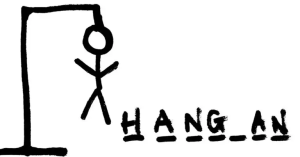
Hangman is a classic word-guessing game that never fails to captivate students’ attention. It’s a simple yet effective way to improve vocabulary and spelling skills. The teacher selects a word and draws a series of dashes on the board, representing each letter.
Charades:

Charades is a timeless game that promotes creativity, communication, and teamwork. Students take turns acting out words, phrases, or book titles without speaking, while their classmates try to guess the correct answer.
Related: 20 Best Things to Make With PlayDough for Kids
Pictionary:

Pictionary is a fantastic game that combines drawing skills with word guessing. Students are divided into teams, and each team member takes turns drawing a word or phrase while their teammates try to guess it within a time limit.
Simon Says:
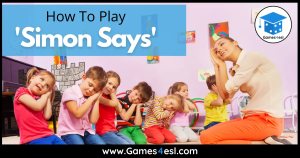
Simon Says is a classic game of commands that helps develop listening skills and encourages students to follow directions accurately. The teacher acts as “Simon” and gives a series of instructions, starting with the phrase “Simon says.” Students must carefully listen and only perform the actions when the phrase is used. If the teacher gives a command without saying “Simon says” first, students who follow that command are out.
Related: 15 Fun Things to Do in The Fall for Kids
20 Questions:
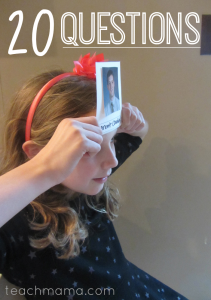
20 Questions is an excellent game for enhancing critical thinking and deductive reasoning. One person thinks of a person, place, or thing, while the rest of the class tries to guess what it is by asking yes-or-no questions. The goal is to identify the mystery item within 20 questions.
Memory Game:
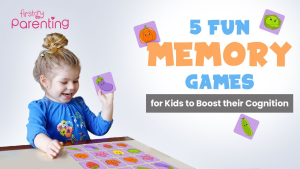
Memory games are a fantastic way to improve concentration and enhance memory skills. Students are presented with a grid of cards or objects, which they need to memorize within a given time. The cards are then flipped over, and students take turns flipping two cards at a time, trying to find matching pairs.
Tic-Tac-Toe:
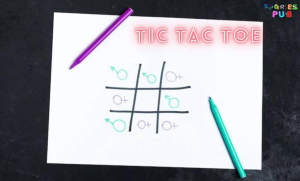
Tic-Tac-Toe is a classic strategy game that can be easily adapted for educational purposes. Create a grid on the board with nine squares, and students take turns placing Xs or O’s to form a line of three in any direction.
Hot Seat:

Hot Seat is an engaging game that reinforces content knowledge and encourages active participation. Divide the class into two teams. One member from each team sits in the “hot seat” facing their team, with their back to the board. The teacher writes a word or phrase related to the lesson on the board, and the team members give verbal clues to help their teammates guess the word without using the actual term.
Scattergories:
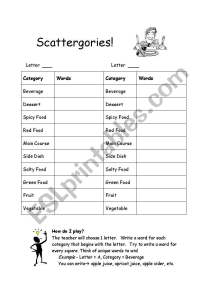
Scattergories is a creative thinking game that expands vocabulary and promotes brainstorming. Students are given a list of categories (e.g., animals, countries, food) and a letter of the alphabet. Within a time limit, they have to come up with words that start with that letter and fit the given categories. Each unique answer earns points.
Related: 100+ Free Lesson Plan Ideas for Preschool (Printable PDFs)
Who Am I?:

Who Am I? is a game that sparks curiosity and encourages deductive reasoning. Write the name of a famous person, character, or historical figure on a sticky note and attach it to the forehead of each student without them seeing it. Students then take turns asking yes-or-no questions to uncover their assigned identity, such as “Am I a fictional character?” or “Did I live in the 20th century?”
Word Chain:
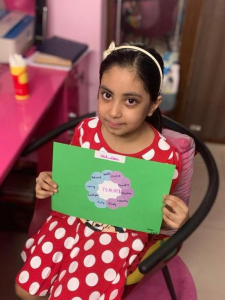
Word Chain is a game that promotes vocabulary expansion and quick thinking. Start with a given word, and students take turns saying a word that begins with the last letter of the previous word. For example, if the starting word is “cat,” the next word could be “table,” and so on. The game continues until someone cannot come up with a valid word within a time limit.
Guess the Sound:
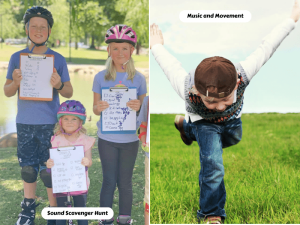
Guess the Sound is an auditory game that sharpens listening skills and encourages students to make connections between sounds and objects. The teacher plays various sounds, such as animal noises, musical instruments, or environmental sounds, while students try to identify what is making the sound. Students can either write their answers on a piece of paper or raise their hands to guess.
Bingo:
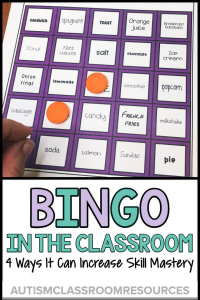
Bingo is a versatile game that can be customized to suit different subjects and learning objectives. Create bingo cards with words, numbers, or images related to the topic being studied. The teacher calls out items from the card at random, and students mark them on their cards. The first student to complete a row, column, or diagonal yells “Bingo!”
Spelling Bee:
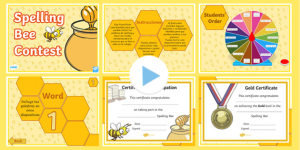
Spelling Bee is a classic game that helps students improve spelling accuracy and expand their vocabulary. The teacher provides a list of words, and students take turns spelling them out loud. A word can be given in a sentence or used in a context to aid understanding. Students who spell a word correctly stay in the game, while those who misspell are eliminated.
Sentence Scramble:

Sentence Scramble is a game that enhances sentence structure, grammar, and comprehension skills. The teacher prepares a set of sentence cards with words or phrases out of order. Students work individually or in teams to rearrange the cards to form a coherent sentence.
Hangman Categories:

Put a twist on the classic game of Hangman by introducing categories. Instead of guessing a single word, students must guess a word related to a specific category. For example, if the category is “fruits,” students would guess fruits by suggesting letters.
Team Quiz Show:
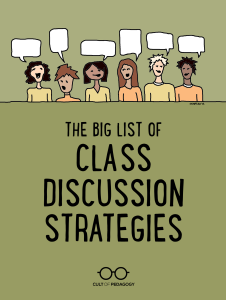
Divide the class into teams and host a lively quiz show-style game. Prepare a list of questions related to the lesson or subject matter and assign point values to each question based on difficulty. Teams take turns selecting a question and earn points for correct answers.
Word Association:

Word Association is a game that challenges students to think quickly and make connections between words. Start with a given word and have students take turns saying another word that is associated with it. For example, if the starting word is “school,” students might say “teacher,” “homework,” or “learning.”
Spoons:
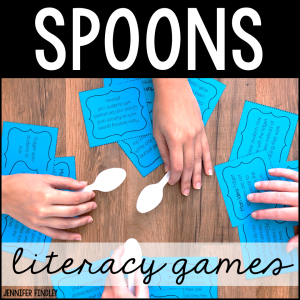
Spoons is a fast-paced card game that encourages students to think quickly and react. Arrange a set of playing cards on a table with one fewer spoon than the number of players. Students sit in a circle and take turns drawing and discarding cards to try and collect a set of four matching cards. The first player to collect a set discreetly takes a spoon, and the other players must grab a spoon as quickly as possible.
Four Corners:

Four Corners is a game that combines movement and decision-making. Assign each corner of the classroom a number or a category. One student, who is “it,” closes their eyes and counts down from ten while the other students silently move to one of the four corners. The student who is “it” then calls out a number or category, and all students in that corner are out.


